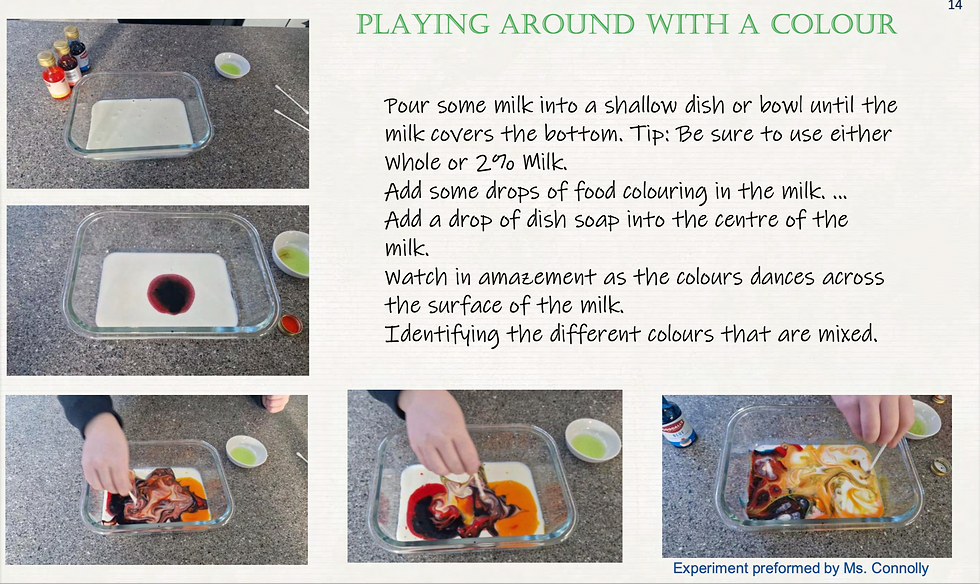Charting the Course of Curiosity: Embracing Discovery Learning in the Classroom
- Ciara Connolly
- Apr 29, 2024
- 2 min read
As I navigated the early stages of education, I was enveloped in a cloud of uncertainty, trying to decipher the intricacies of my professional practice. It was a complex, labyrinthine journey, seeking rhythm and reason. However, inspired by John Dewey's profound insight, "We do not learn from experience... we learn from reflecting on experience," I discovered the power of introspection to guide my growth as a student teacher, a transformation that continues to inspire me.
My embarkment into "discovery learning" became the cornerstone of my educational philosophy. It was a leap of faith into a world where knowledge was not merely imparted but unearthed through my students' active exploration. I stepped into this arena with determination, aspiring to ignite curiosity and kindle each learner's innate love for learning.
Through this lens, my classroom transformed into a laboratory of ideas. As I endeavoured to apply the principles of discovery learning, every lesson became an invitation for inquiry. Artworks, meticulously crafted through various methods and mediums, became more than just assignments; they explored texture, perception, and imaginative possibility.
Embracing the Socratic maxim, 'I cannot teach anybody anything; I can only make them think,' my educational approach didn't just change; it evolved. It blossomed into a dynamic partnership where students were not passive recipients of information but active seekers and constructors of their own knowledge, a shift that empowered them and enriched their learning experience.
This pedagogical voyage illuminated the value of student-driven inquiry and reinforced the significance of a learning space that thrives on patience, guidance, and the shared joy of discovering. Through this discovery learning practice, my students and I embarked on a transformative journey marked by educational milestones.
This is a testament to Bruner's vision: "Learning is an active process in which learners construct new ideas or concepts based upon their current/past knowledge."





Comments